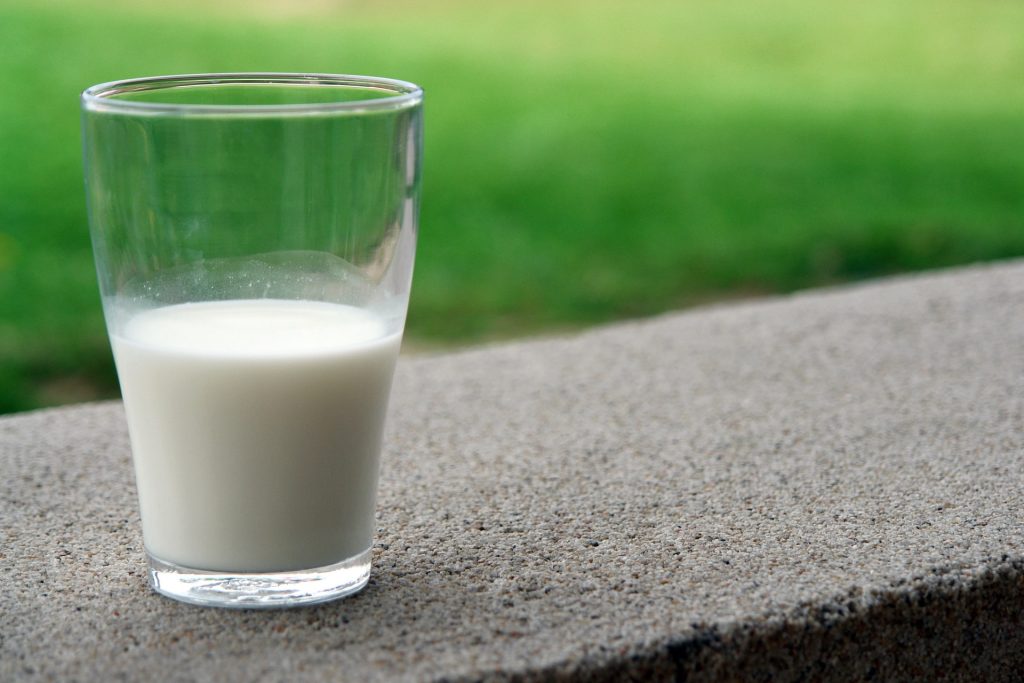Link Between Consuming Dairy Products and MS Flareups Explained

The reason why multiple sclerosis (MS) sufferers often complain of more severe disease symptoms after consuming dairy products may be down to the milk protein casein, which can trigger inflammation targeting the myelin sheath, according to a study published in the journal PNAS.
This link was demonstrated in mice, but there was evidence of a similar mechanism in humans. The researchers therefore recommend that certain groups of MS sufferers avoid dairy products.
“We hear again and again from sufferers that they feel worse when they consume milk, cottage cheese or yoghurt,” explained Professor Stefanie Kürten from the Institute of Anatomy at University Hospital Bonn. “We are interested in the cause of this correlation.”
The professor of neuroanatomy is considered a renowned expert on multiple sclerosis. “We injected mice with different proteins from cow’s milk,” she said. “We wanted to find out if there was a constituent that they were responding to with symptoms of disease.”
When they administered the cow’s milk constituent casein together with an effect enhancer to the animals, the mice went on to develop neurological disorders. Electron microscopy showed damage to the insulating myelin sheath, which normally prevents short circuits and significantly accelerates stimulus conduction.
In multiple sclerosis, the body’s immune system destroys the myelin sheath. Consequences range from paresthaesia and vision problems to movement disorders. With patients ending up in a wheelchair. In mice, the myelin sheath was also massively perforated, apparently triggered by casein administration. “We suspected that the reason was a misdirected immune response, similar to that seen in MS patients,” explained Rittika Chunder, a postdoctoral fellow in Prof. Kürten’s research group. “The body’s defenses actually attack the casein, but in the process they also destroy proteins involved in the formation of myelin.”
Such cross-reactivity can occur when two molecules share some similar parts, causing the immune system to mistake them for each other. “We compared casein to different molecules that are important for myelin production,” Dr Chunder said. “In the process, we came across a protein called MAG. It looks markedly similar to casein in some respects – so much so that antibodies to casein were also active against MAG in the lab animals.”
This means that in the casein-treated mice, the body’s own defences were also directed against MAG, destabilising the myelin. But to what extent can the results be transferred to people with MS? To answer this question, the researchers added casein antibodies from mice to human brain tissue. These did indeed accumulate in the cells responsible for myelin production in the brain.
The study found that the antibody-producing B cells in the blood of people with MS respond particularly strongly to casein. It is possible that at some point while consuming milk, the affected individuals developed an allergy to casein. Now, on consuming dairy products, the immune system produces masses of casein antibodies, which due to cross-reactivity with MAG, also damage the myelin sheath.
However, this only affects MS patients who are allergic to cow’s milk casein. “We are currently developing a self-test with which affected individuals can check whether they carry corresponding antibodies,” said Prof Kürten. “At least this subgroup should refrain from consuming milk, yogurt, or cottage cheese.”
It is possible that cow’s milk also increases the risk of developing MS in healthy individuals. Because casein can also trigger allergies in them – which is probably not even that rare. Once such an immune response exists, cross-reactivity with myelin can in theory occur. However, this does not mean that hypersensitivity to casein necessarily leads to the development of multiple sclerosis, Prof Kürten stressed. This would presumably require other risk factors. This connection is concerning worrying, said Prof Kürten, as “Studies indicate that MS rates are elevated in populations where a lot of cow’s milk is consumed.”
Source: University of Bonn

